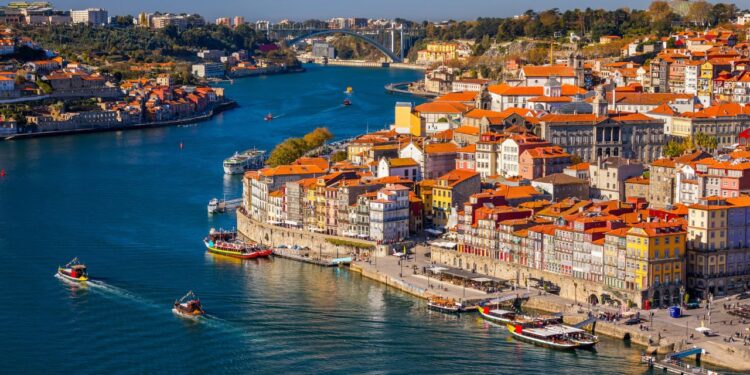In recent years, Portugal has become an attractive destination for high-income expatriates and digital nomads — drawn by its favorable lifestyle and tax incentives. However, this influx has led to unintended consequences for the local population.
According to a report published by Fortune, the rising cost of living is forcing many locals to juggle multiple jobs or emigrate in search of better opportunities.
Data from Statistics Portugal reveals that a record 250,000 residents, representing around 5% of the working-age population, worked at least two jobs in 2023. This figure has increased significantly since 2011 and reflects a growing financial strain placed on Portugal’s citizens rather than experiencing professional growth opportunities.
According to Fortune, nearly a third of Portugal’s young adults, aged 15-39, have chosen to leave the country in search of better prospects. The Emigration Observatory found that 30% of this age group had emigrated as of January.
The appeal of Portugal to high-income expatriates and digital nomads has driven up demand in real estate and other markets, leading to highly inflated costs. In hubs like Lisbon and Porto, accommodation has become particularly unaffordable, prompting policymakers to intervene. It’s reported that the government has closed part of its golden visa program, which previously allowed foreigners to take up residency in Portugal if they bought real estate. However, the adverse effects of the program are still impacting citizens.
While the influx of digital nomads has brought economic benefits to Portugal, it has also stirred conflict as natives grapple with affordability issues and housing scarcity. Similar, albeit less drastic, economic scenarios have been reported in some real estate markets in Spain, one of the most popular countries for digital nomads to travel to. Housing challenges in countries accepting digital nomads reveal just how complex the task is for promoting economic expansion while ensuring local affordability and opportunities.















